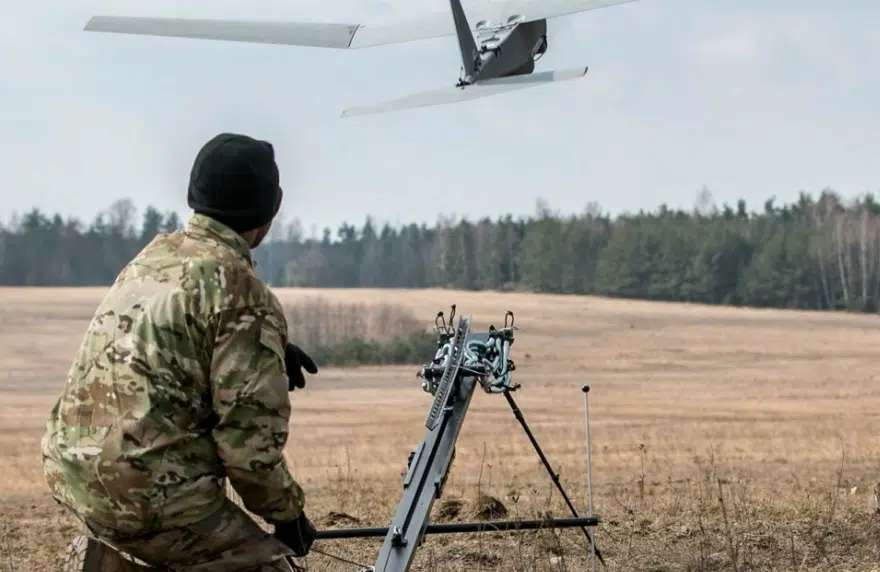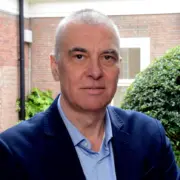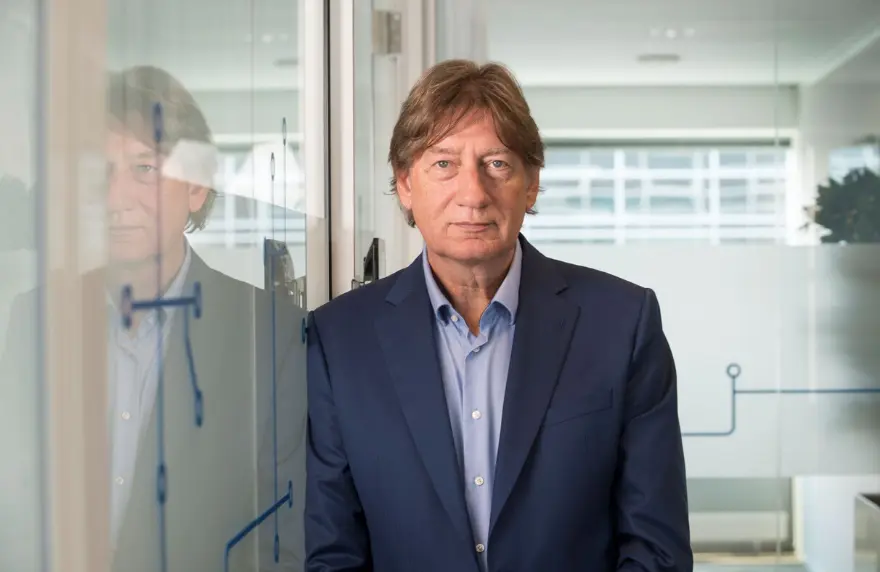Drones zijn ‘hot’ in het hedendaagse debat en dat is zeer begrijpelijk. De zogenaamde ‘targeted killings’ met drones en de luchtaanvallen met drones hebben tot vele slachtoffers geleid, waaronder veel onschuldige. De laatste aanval op de Aramco olie installatie in Saudi-Arabie is door een combinatie van kruisvluchtwapens en onbemande vliegtuigen uitgevoerd en leidde meteen tot een stijging van de benzineprijzen aan de pomp in Nederland. Deze voorvallen worden nu gebruikt om drones meteen weg te zetten als ‘killer-robots’ waarvoor regelgeving en een juridisch kader moet worden opgesteld.
Maar zoals altijd, de werkelijkheid is wat complexer. Bovenstaande voorbeelden gingen juist niet over killer-robots. In het geval van de targeted killings zat er steeds een mens achter de knoppen die het besluit tot het inzetten van dodelijk geweld heeft genomen. In het tweede geval zijn er geen doden gevallen.
Onbemande wapensystemen zijn in ontwikkeling en dat is niet te stoppen, net zoals de steeds verdergaande mate van autonomie. Ze hebben namelijk heel veel voordelen: ze kunnen missies uitvoeren zonder eigen personeel in gevaar te brengen. Zo kunnen autonome onbemande helikopters straks mensen redden uit penibele omstandigheden zonder daar piloten mee in gevaar te brengen, kunnen onbemande vliegtuigen verkenningen boven gevaarlijk gebied uitvoeren waardoor besluitvorming beter wordt en het aantal slachtoffers vermindert en kunnen ze als verbindingsstation fungeren in gebieden waar bijvoorbeeld door natuurgeweld de reguliere communicatie onmogelijk is geworden, of kunnen ze bevoorrading uitvoeren voor in het nauw gebrachte personen, zoals soldaten onder vijandelijk vuur.
Zijn er dan geen regels nodig om steeds verdergaande autonomie in goede banen te leiden? Ja wel degelijk, daarom doet The Hague Centre for Strategic Studies in opdracht van het ministerie van Defensie onderzoek naar de militaire toepassingen van onbemande systemen. In die studie worden de grenzen verkend van onder andere autonomie en ethisch/morele kwesties in de verschillende toepassingen van onbemande systemen.
Internationale regelgeving die ook controleerbaar en afdwingbaar is, is goed om verregaande autonomie in goede banen te leiden. Laten we echter niet vergeten dat niet-statelijke actoren inmiddels ook de drone hebben ontdekt en zich niet aan deze regelgeving zullen houden. Net als wellicht enkele statelijke actoren…..Daarom is minstens zo belangrijk om te investeren in adequate bescherming tegen drones.






